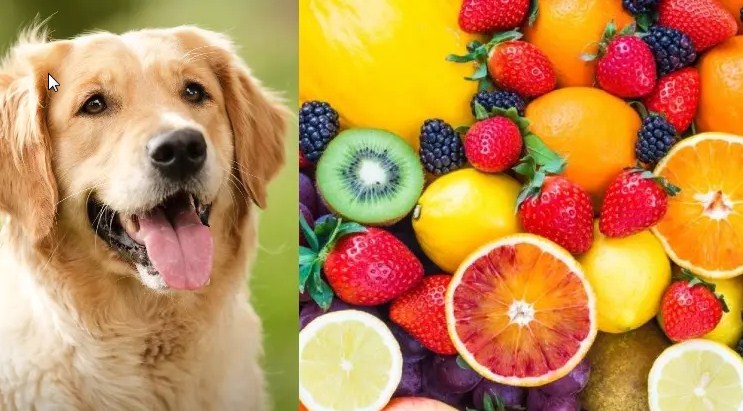Here is the list of fruits that dogs can eat without any problem. The friendship that dogs and people have had over thousands of years has reinforced the bond that unites them to a point where they have adapted to live with us at a genetic level since they have specific digestive capacities that allow them to take advantage of nutrients from carbohydrates, which makes them omnivores, unlike their entirely carnivorous ancestors: wolves;
Thanks to this, they can enjoy a richer and more varied diet. However, no matter how close they are, they cannot enjoy all the natural delicacies like us. Some fruits are toxic to your best friend’s body. It will be very important to avoid them in their diet to prevent health complications.
Next, we share with you those fruits that put your pet’s health at risk:
Grapes and Raisins
Although it may seem like nutritious and delicious food, the reality is that these fruits cause kidney and liver damage, so prolonged consumption could cause kidney failure.
Cherries and seeds
The real danger from this food is the same as with most stone fruits and seeds: cyanide. This substance is a natural poison that your dog’s body cannot process.
Avocado
This delicious Fruit is one of the ones that could cause the most problems for your puppy since it contains persin, a substance that can cause everything from stomach upset to heart damage.
Citrus
The problem with fruits such as lemon, lime, orange, or grapefruit, among others, is the large amount of sugars they contain, which can cause obesity and diabetes problems; In addition, it could cause vomiting and upset stomach.
If you are interested in knowing more about the foods that can be harmful to your best friend, you can learn more here.
Fruits that dogs can eat
Unlike the previous ones, some other fruits can provide your dog with their nutrients without any problem. So you have to consider that it is not recommended that they eat large amounts of fruits due to the amount of sugar (fructose) they contain and, very importantly, you must remove the seeds or pips from any fruit that you offer them.
- Apple : Rich in vitamin C calcium and offers anti-inflammatory properties. Ideal for preventing stomach problems.
- Banana : Is rich in soluble fiber, but it should be provided in small amounts and stop its consumption if you notice that your dog is causing diarrhea.
- Apricot and peach : as well as bananas, they are also rich in soluble fiber, so they help intestinal functions, but they also offer a high iron content, which helps prevent anemia.
- Blueberry : rich in antioxidants, vitamin C, and fiber. Help prevent cardiovascular diseases in your dog.
- Pears : rich in fiber and potassium. Due to their low caloric intake, they are a good option for dogs with diabetes.
- Watermelon : in small amounts and without seeds/seeds, they help your dog stay cool on a hot day.
- Melon : rich in vitamin A and E with excellent antioxidant and diuretic properties.
The best thing you can do to ensure your dog’s well-being is to provide him with a diet that provides the appropriate nutritional requirements for each stage of his life.
The indicated food is any of our portfolios as long as it is recommended by a veterinarian, while Fruit should be used as a treat in small quantities and balanced with your dog’s daily diet.







